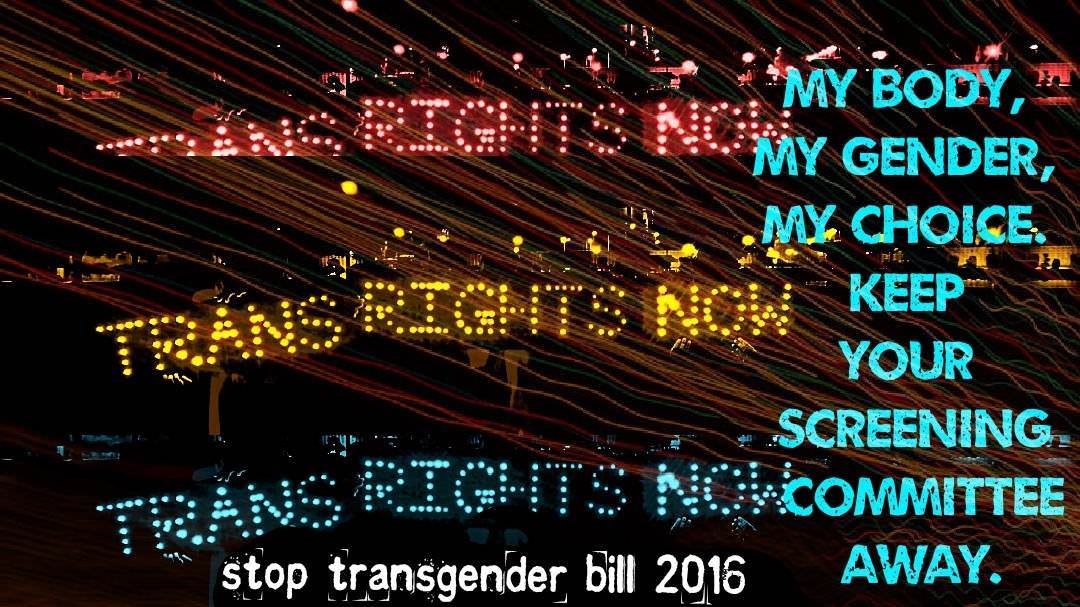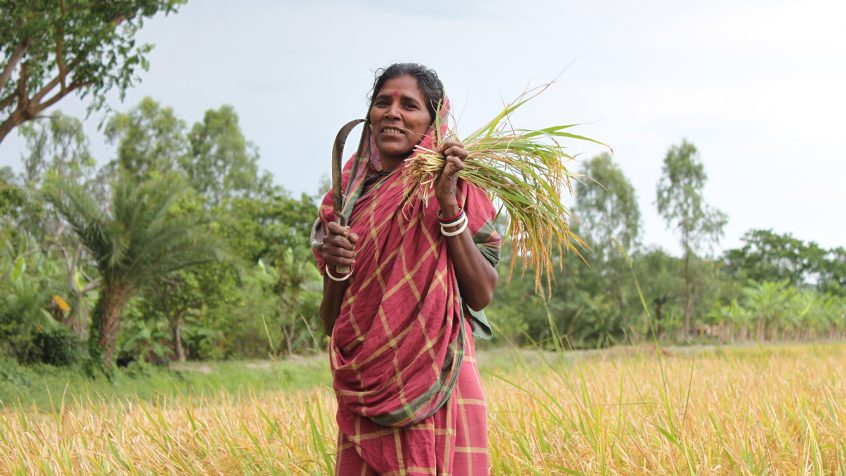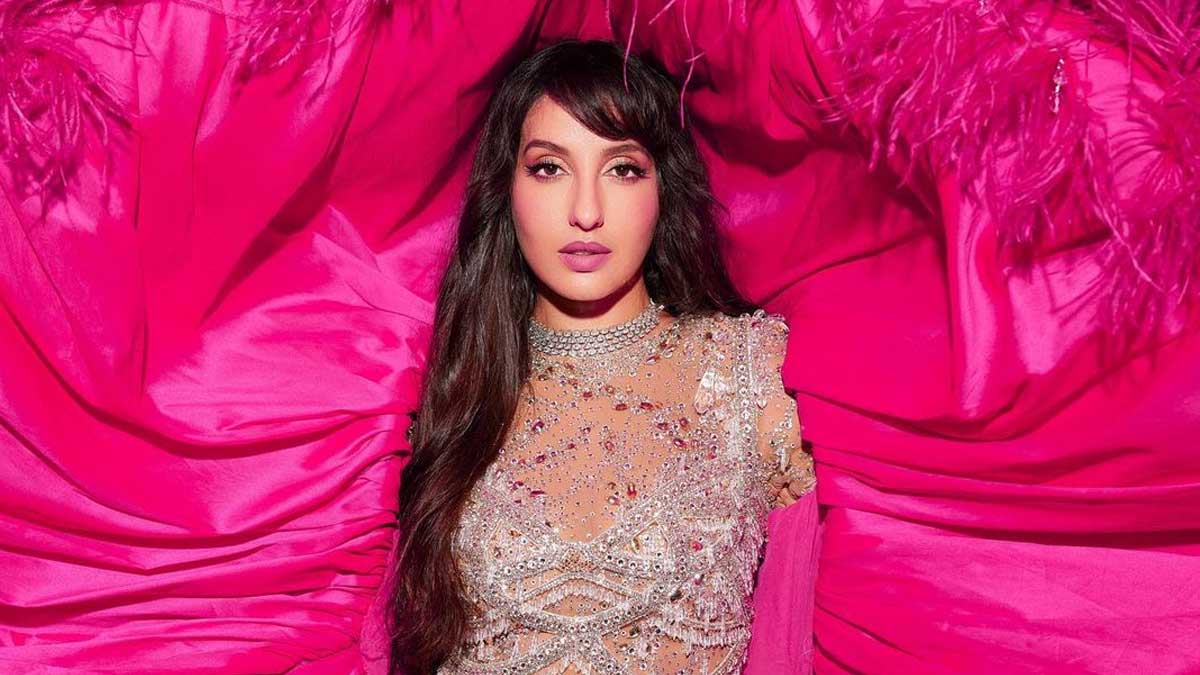Joint statement by Transgender, Gender non-conforming/non-binary, Hijra, Intersex and Other Concerned Persons
The draconian Transgender Persons (Protection of Rights) Bill 2016 violates the rights of transgender persons! Stop the bill in this form! Accept the recommendations of the community and Standing Committee!
The Constitution of India, framed under the guidance of Dr BR Ambedkar, was built on the framework of equality, justice, liberty and secularism. It is only due to these ideals that communities of people forced into society’s margins have won some legal rights and also gathered the courage to fight against social injustice.
The fight still continues, especially because transgender persons, Dalits, Adivasis, labourers, farmers, women, children, disabled persons, queer persons, religious and regional minorities, and all those who live in the intersections of these margins continue to face extreme violence and discrimination. Most gender non-conforming persons are socially isolated, and worse, face immense violence even within their homes and families as well as discrimination and marginalisation in education and employment leading to a structure of nearly total formal unemployment and high levels of homelessness, poverty, sexual and physical violence, social shame and suicide. We ask you to join us to resist transphobia and end the violence and discrimination against transgender and intersex individuals. Raise your voice!
Many people do not know who we as transgender, intersex and hijra people are, therefore:
1. Transgender people have a strong physical and cognitive discomfort with the gender which is socially, legally and medically unambiguously assigned to our bodies at birth. People who don’t identify as transgender are cisgender.
2. Intersex: People with intersex variations have bodies that do not conform to medical, legal and social categories of male and female, in various ways [anatomical, chromosomal, hormonal etc]. Some intersex people are uncomfortable with the gender they were assigned, in which case they may be transgender and intersex; but if not, they can be cisgender and intersex.
3. Hijra: The Hijra community is a sociocultural group whereby some members of the transgender and intersex communities formally enter a traditional system of living together and mutual support. They may take on different identities and names in various local languages: Kinnar in Hindi, Tirunangai in Tamil, Aravani in Tamil and Mangalamukhi in Karnataka. Some Kinnars may identify as Triteeya Prakriti or third gender while others do not.
4. Transgender woman: Transgender women are transgender people who identify themselves as women, regardless of how they look, or dress. Some transgender women are also hijra identified while others are not.
5. Transgender man: Transgender men are transgender people who identify themselves as men, regardless of how they look, or dress. In Tamil trans men may also identify as Thirunambi.
6. Shivashaktis and Jogtas/Jogappas are culturally specific groups who are socially permitted a feminine gender expression in the context of specific religious roles.
7. Genderqueer/Gender non-binary/Gender fluid/Agender/Intergender: People who do not identify within the gender binary may have a variety of gender identities including but not limited to these categories above.
The Indian Census attempted to assess the number of transgender people while collecting census data for the first time in 2011, finding a total population of around 4.88 Lakh. However, this data is likely to be a severe underestimation, because many trans people might identify within the gender binary, while others who identify as transgender may not be able to openly communicate their transgender identity.
In 70 years of independence, all governments and political parties have mostly ignored the existence and rights of trans persons, even though the most important responsibility of the State is towards those who have been historically marginalised due to their identities.
The timeline of the legal fight for trans rights is as follows:
– To claim rights of equality and justice guaranteed by the Constitution, with the National Legal Services Authority (NALSA) of India, some persons filed a writ petition in the Supreme Court.
– In April 2014 the Supreme Court gave an unprecedented, revolutionary judgement in the case. The Court accepted that people should have the right to self-identify their own gender, and directed governments to grant legal recognition accordingly, although this was limited to the categories of man/woman/third gender. It specified that legal and constitutional rights were safeguarded for transgender people, identified us as a socially and educationally backward class, and directed the Government to ensure reservations in education and public appointments for transgender persons. The Court held the Government of India responsible for combatting social stigma, creating public awareness and providing medical support, public facilities and welfare.
– In December 2014, Rajya Sabha MP Tiruchi Siva proposed a Private Member’s Bill, which re-affirmed the NALSA provisions and was passed by the Rajya Sabha.
– In 2015, the Ministry of Social Justice, Government of India, brought forth the draft of yet another Bill in the Lok Sabha, which largely did away with the progressive points of the NALSA verdict or the Private Member’s Bill.
– In 2016, the Ministry of Social Justice brought forward a modified version of its bill. This bill added some extremely draconian, violative and regressive provisions and was met with widespread resistance. The Central Government formed a Standing Committee to better understand the issues, which brought out a broadly progressive report in 2017, but also indicated the largely negative response of the Ministry of Social Justice to its own recommendations. Media reports have also indicated that the Ministry plans to disregard the Standing Committee report, and the regressive 2016 Bill is set to be tabled in the winter session of the Parliament starting on 15 December.
We strongly oppose this Bill’s efforts to snatch away the constitutional rights of trans persons!
| Problematic features of the bill | Recommended change by the community |
| II.2 Definition: “(i) “transgender person” means a person who is (A) neither wholly female nor wholly male; or (B) a combination of female or male; or (C) neither female nor male; and whose sense of gender does not match with the gender assigned to that person at the time of birth, and includes trans men and trans women, persons with intersex variations and gender-queers.” | Definition of transgender people is problematic. The (A), (B), (C) options are unscientific with respect to transgender identity and should be removed. Recommend separately defining transgender and intersex people, and upholding the Standing Committee’s definition of transgender: ”a person whose gender does not match with the gender assigned to that person at birth and includes trans-men and trans-women (whether or not they have undergone sex reassignment surgery or hormone therapy or laser therapy etc.), gender-queers and a number of sociocultural identities such as – kinnars, hijras, aravanis, jogtas etc.” |
| III.5, 6. Screening committee: “5. A transgender person may make an application to the District Magistrate for issuing a certificate of identity as a transgender person 6. District Magistrate shall refer such application to the District Screening Committee to be constituted by the appropriate Government for the purpose of recognition of transgender persons” | Self identification in any gender should be upheld and extended to all forms of ID and educational documents; remove provision of district screening committees. Uphold NALSA vs. UOI Supreme Court Judgement direction that it is “immoral and illegal for governments to insist” on surgery or hormones for declaring gender, and the Standing Committee recommendation “that any procedure for ‘identification of transgender persons’ which goes beyond self-identification, and is likely to involve an element of medical, biological or mental assessment, would violate transgender persons’ rights under Article 19 and 21 of the Constitution” |
| VIII. 19. (a) Criminalization of enticement to beg: “Whoever compels or entices a transgender person to indulge in the act of begging.. shall be punishable with imprisonment for a term which shall not be less than six months but which may extend to two years and with fine.” | As the Committee states “The clause is likely to be misused against the other transgender persons, in the garb of protecting them. It is an open fact that most transgender persons are harassed or booked under the begging prohibition laws, even when they are not begging or merely present at public places”. This draconian clause should be removed as it criminalizes hijras or kinnars who do traditional badhai toli and mangti given that, as the committee says, the “transgender community does not enjoy parity with other genders when it comes to alternative modes of employment”. We recommend gender based internal reservation for trans people and a strong anti-discrimination provision with penalties, for educational and employment access. |
| VIII. 19 (d) Low punishments for violence against trans people: “Whoever harms or injures or endangers the life, safety, health, or well-being, whether mental or physical, of a transgender person or tends to do acts including causing physical abuse, sexual abuse, verbal and emotional abuse and economic abuse; shall be punishable with imprisonment for a term which shall not be less than six months but which may extend to two years and with fine.” | Penalties for sexual violence upon all transgender persons should be equivalent to existing penalties for sexual violence against women, while penalties for physical, verbal, emotional and economic abuse should be similarly commensurate with the punishments for such acts under existing laws. Specific atrocities that transgender and intersex people face must be defined and strictly penalized, including forced gender conformism, hormonal treatment and/or surgeries, aversion based pseudo-psychotherapies, forced marriages, stripping, etc., as well as custodial violence, dereliction of duty by state and medical authorities, and violence in educational, residential, medical and employment. All trans people should have the right to be handled by women police as per their choice and should be held in separate cells with access to gender affirming healthcare, legal aid and education. |
| IV. 9. “Rehabilitation” of trans people | Remove the words “rescue” and “rehabilitation”. |
| V. 13 Family and residence: (3) “Where any parent or a member of his immediate family is unable to take care of a transgender, the competent court shall by an order direct such person to be placed in a rehabilitation centre”. | This provision violates the Constitutional Rights of trans persons to freedom of residence. This provision does not understand violence in familial homes and rehabilitation centers. The definition of family should also be expanded to include families of choice, adoption, partnership, marriage, friendship and, as per the Committee’s recommendation, “Hijra or Aravani community elders, who adopt young transgender children” who provide shelter, medical care, and gender-affirming inheritance and burial norms. |
| VI. 16. Medical care | Free access to gender affirming medical procedures, insurance coverage, choice of m/f/separate wards for trans people in hospitals |
| VII. 17. National Council for Transgender persons | National and State Trans Rights Commissions with appropriate powers, with majority trans members from a variety of gender and other identities, to tackle atrocities, grievances and welfare/benefits. |
Also read: The Government’s Callous Rejection Of Recommendations For The Transgender Persons Bill
A National Protest Rally is being planned in Delhi on the 17th of December at Parliament Street (Sansad Marg), where transgender persons, hijra persons, intersex persons and other gender non-conforming and queer persons shall join to claim their rights. See more details here.
Featured Image Credit: Stop Transgender Persons Bill 2016 via Facebook
About the author(s)
Guest Writers are writers who occasionally write on FII.




